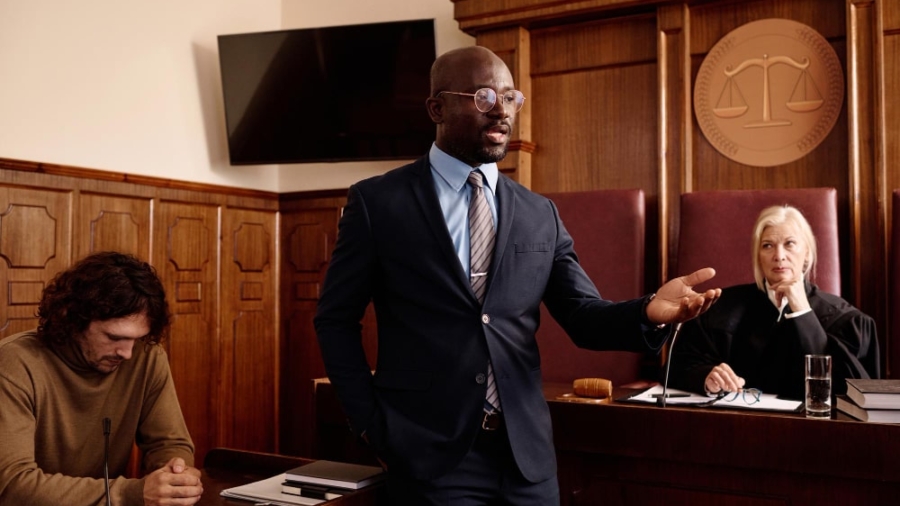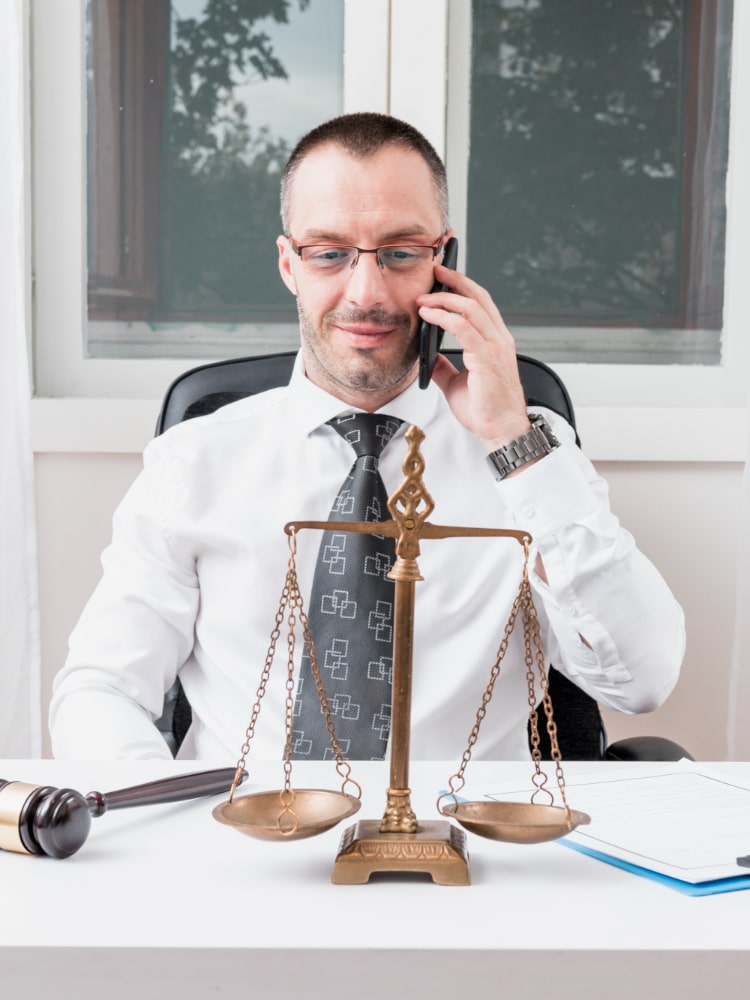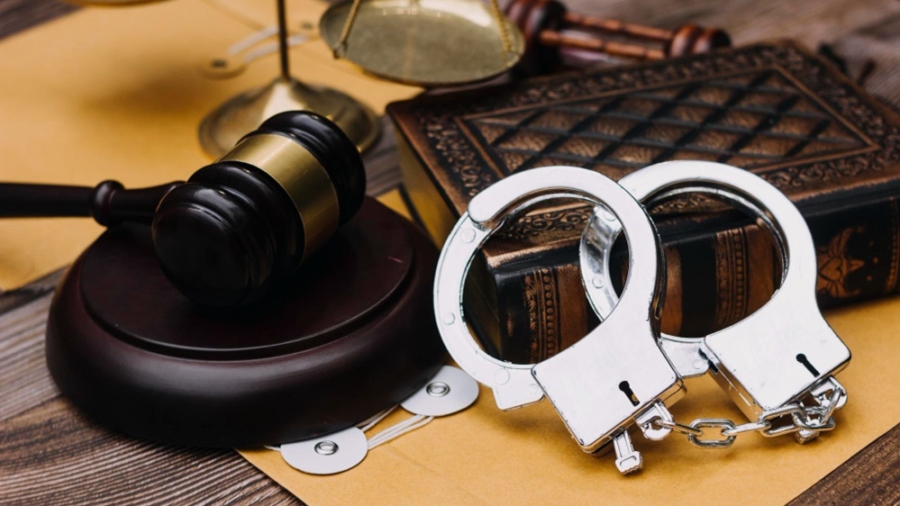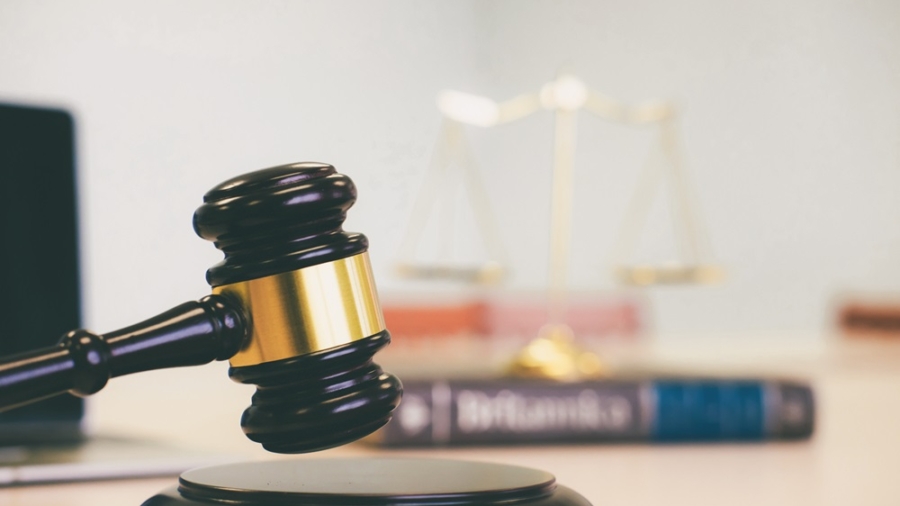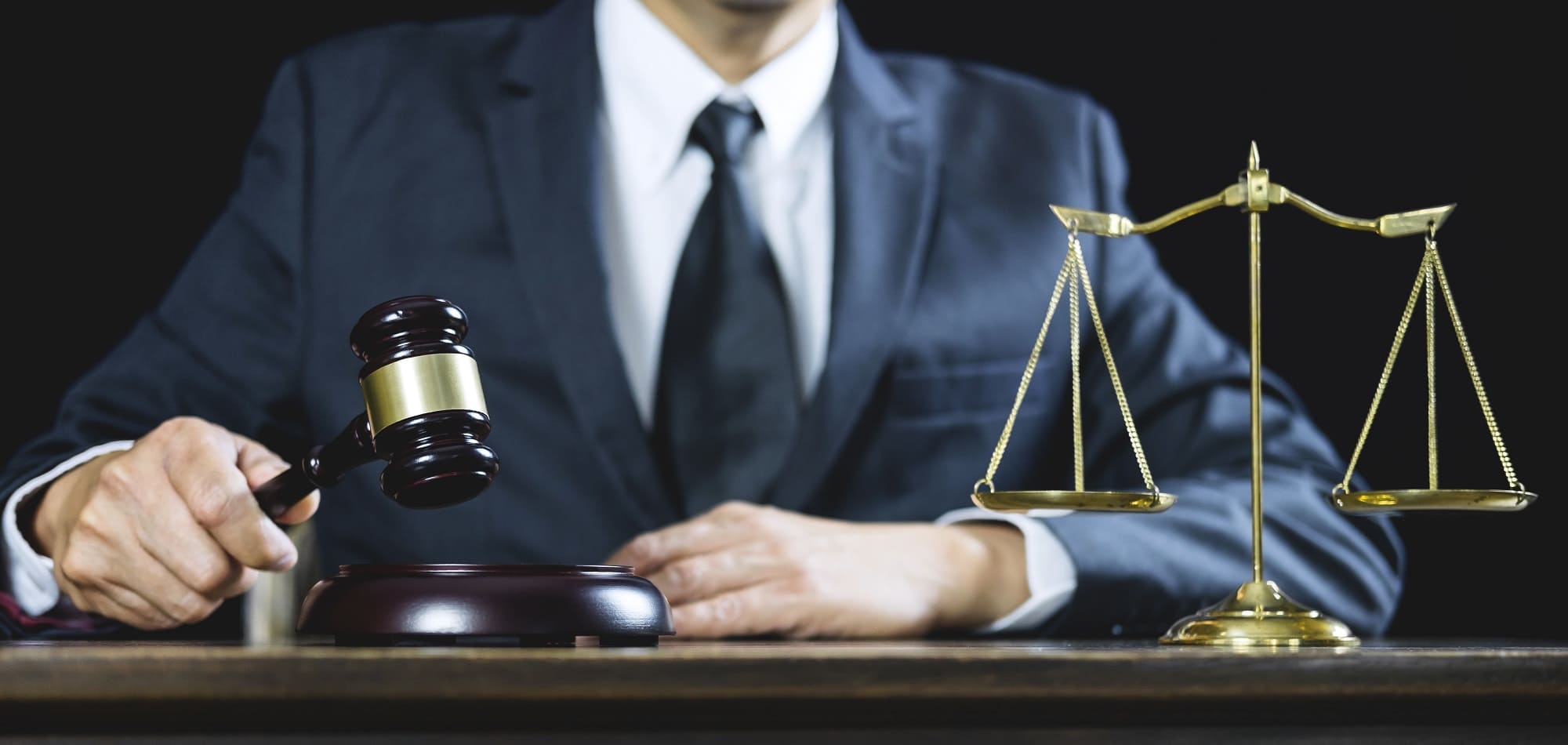If you have been charged with a crime, you should consider hiring a well-experienced defense lawyer in Baton Rouge, Louisiana, to help you get those charges dropped, dismissed, or reduced before trial, present the best possible defense at trial, and, if necessary, present mitigating evidence for a reduced sentence. Determining which criminal defense attorney is right for you, and how to retain that attorney’s services, may feel overwhelmingly difficult to you. Over the past ten years, there has been an almost 20% increase in the US lawyer population. What is the best way to locate a local attorney when there are so many of them? Well, you must first know what traits to look for in an attorney.
If you have been arrested and charged with a crime, contact a knowledgeable and experienced defense lawyer as soon as possible. With years of expertise defending clients against all kinds of criminal accusations, David E. Stanley, APLC, will bring high energy and maximum effort to secure the best outcome for your case.
Are You Looking for a Well-Experienced
Defense Lawyer in Baton Rouge, LA?
Contact David E Stanley, APLC,
Qualities to Look For in a
Criminal Defense Attorney
Here are the qualities to look for in a well-experienced criminal defense lawyer in Baton Rouge, Louisiana. By keeping these qualities in mind, you can find a trustworthy lawyer. Choosing a well-experienced defense lawyer can assist you in avoiding or reducing jail time, so you must find the absolute best.

-
Qualified
The most qualified criminal defense attorney in your area will have finished three years of legal education and focus solely on criminal defense. They will be authorities in criminal process, legal writing, and research. Additionally, your lawyer ought to be well-versed in the criminal justice system. After graduating from law school, your attorney ought to have been admitted to the bar in your state. They could also be accepted to the bars of more US District Courts. Be bold and inquire about your lawyer’s educational background, area of expertise, and area of specialization.
-
Experience
Looking up a lawyer’s area of expertise on their website is an excellent way to determine if they are a good fit for your particular criminal charges. Is “criminal defense” one of the practice areas mentioned? You can also find out from potential attorneys what kind of cases like yours they have handled. Can they provide an example of someone who is going through anything similar? What was the result, and how did they approach it? Find out from your attorney what proportion of their cases are related to criminal defense. How frequently does the defendant get a favorable outcome in these cases? You should be able to tell from your lawyer’s responses how much experience they have defending people in comparable circumstances.
-
Good Judgment and Ethics
Think about the ethics of each criminal defense lawyer you are researching. Can you trust them? Usually, it’s hard to know after just one consulting session. Instead, look them up online to see if they have an ethics code. Here are some guidelines:
- Verify whether any complaints have been made against them.
- Have they received a lot of negative reviews?
- Have they had any issues with the state bar where they currently practice or formerly practiced?
- Have any complaints been made against them? To learn more about the attorney’s reputation, check out the website of the state bar association in which they practice.
- Are they a member of the Better Business Bureau?
- Additionally, you read internet reviews. Reviews are available for their Google My Business and Better Business Bureau listings.
Locating a well-experienced defense lawyer with high moral standards that you can trust to do right by you is crucial. Select a reliable person. What about their assessment? Look for an attorney who can quickly form an opinion after hearing the other side’s case. Your case may succeed or fail based on their quick thinking.
-
Empathetic but Proactive
Empathetic and proactive may seem like an odd combination, but both are often necessary and appropriate in criminal defense. Selecting a lawyer solely interested in collecting a lower fee for a quick guilty plea is not advisable. They may not be concerned about your well-being and best interests, and may not do the work necessary to properly investigate and evaluate your case to uncover all of the defenses and options available to you.. Some attorneys may recommend that you accept an undesirable plea to avoid the time and expense of taking your case to trial. Instead, seek out a lawyer who genuinely cares about you and is empathetic to your problems and concerns. Being accused of a crime is a complex and frequently frightening process. Your safety and well-being should be your lawyer’s top priority. They can even assist in preserving your privacy by shielding you from exposure in the public eye. Sometimes, proactive tactics are also essentia and necessary in criminal proceedings. A lawyer who is committed to actively fighting for you and your legal rights, rather than sitting back and reacting to the actions of the prosecutor, is what you need. Are they ready to defend you? Will they take proactive steps to improve your defense case? Taking quick action to implement a strong defense strategy at the appropriate moment may lead to a more favorable resolution of your case.

-
Honest About Fees
Most criminal defense lawyers charge a fixed fee for their legal services or, in some cases, may charge for their time at their hourly rate for all time spent working on your case. In addition to the attorney’s fee, the client is also responsible for paying all of the case costs. The type of fee charged, and the total amount of the attorney’s fee for the representation depends on a number of factors. Some of these factors are the total number of charges filed against you, the severity of those charges, and the amount of time necessary for your lawyer to properly defend you on those charges.
Sometimes, a less experienced and less expensive lawyer may be the best choice to handle your case particularly if you are charged with a misdemeanor, a relatively low level felony offense, or if you are on a very limited budget. However, if you are charged with a serious felony charge such as murder, manslaughter, rape or any other sex crime, kidnaping, arson, armed robbery, home invasion, manufacturing or distribution of drugs or narcotics, or similar offenses, hiring a less experienced lawyer who charges the lowest fee may not be the best choice. Hiring an aggressive and experienced defense lawyer who is willing and capable of fighting your charges in court to help you reach your desired outcome is a much better investment that may help shield you from the life altering consequences resulting from a conviction of a serious felony charge.

-
Strong Negotiating Skills
Selecting a defense lawyer with excellent negotiation skills is essential. Not every situation is clear-cut, so you’ll need a lawyer to assist you in negotiating for the best result. Your interactions and experience with them will give you a sense of how skilled they are in this area.
-
Great Communication
It can be challenging for those outside the legal community to comprehend technical legal jargon and court procedures. A competent attorney can clearly explain them to you and provide you with the information you need to understand them. Additionally, they will answer your calls, emails, and queries promptly. Make sure your lawyer is aware of any preferred communication methods you may have.
Frequently Asked Questions
When Should I Hire a Criminal Defense Attorney in Louisiana?
You should hire a criminal defense attorney in Louisiana as soon as you become aware that you may be charged with a crime. This includes if you believe you are under investigation for a crime or in connection with a crime.
What Type of Cases Does David E. Stanley, APLC Handle in Louisiana?
Mr. Stanley handles complex or serious felony criminal cases in all federal and state courts in Louisiana including, but not limited to, murder, manslaughter, homicide, arson, kidnaping, sex crimes, manufacture and distribution of drugs, narcotics, and other controlled dangerous substances, money laundering, firearms and weapons crimes, RICO and white-collar crimes, and other serious felony crimes.
Can a Criminal Defense Lawyer Get My Criminal Charges Dropped or Reduced?
A criminal defense lawyer may be able to help get your criminal charges dropped, dismissed, or reduced and assist you with developing mitigation evidence for use in seeking a reduced sentence. This is because a qualified criminal defense attorney will work hard to achieve the best possible outcome for your case. While no guarantees can be made, they may negotiate for reduced charges, dismissals, or favorable plea deals.
Can I Appeal a Conviction or Sentence in Louisiana?
Yes, you can appeal a conviction or sentence. Consult with an appellate attorney to explore the grounds and process for filing an appeal.
A Well-Experienced
Defense Lawyer in Louisiana
Are you seeking a qualified and well-experienced defense lawyer in Baton Rouge, Louisiana? Look no further than David E. Stanley, APLC. David Stanley is a criminal defense lawyer in Baton Rouge, LA. David E. Stanley, APLC, is energetic and works hard to ensure that each client receives the best possible outcome. Contact David Stanley today to discuss your criminal case and get started taking back your life.
Call David E. Stanley, APLC, at (225) 926-0200 Today
David E. Stanley, APLC
1055 Laurel Street, Suite 2
Baton Rouge, LA 70802
225-926-0200

David Stanley is the founder and principal of David E. Stanley APLC. Since 1983, Mr. Stanley has successfully practiced law from his office in Baton Rouge, Louisiana.



